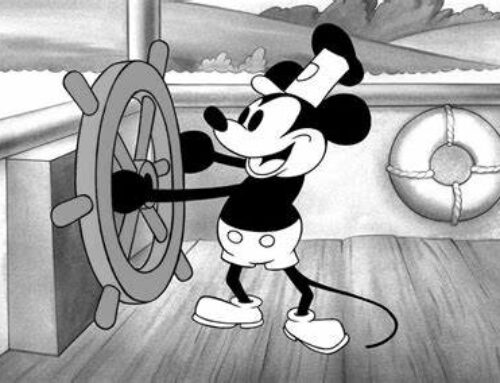EU Copyright Directive: Impact On Gaming Industry

On 26 March 2019, the EU Parliament approved the EU Copyright Directive (the “Directive”) which could potentially have a significant impact on the gaming industry given the increasing volume of user-generated content from authors based throughout the EU.
What is the EU Copyright Directive?
The Directive governs how “online content sharing services” should deal with copyright-protected content, such as movies and video games. It refers to services that primarily exist to enable the public access to “protected works or other protected subject matter uploaded by its users,” so it is likely to cover platforms such as YouTube, Dailymotion and Soundcloud.
However, there is a long list of exemptions, including:
- non-profit online encyclopaedias
- open source software development platforms
- cloud storage services
- online marketplaces
- communication services
Article 13 of the Directive, known as the “upload filter”, says content-sharing services must license copyright-protected material from the rights holders and must make “best efforts” to remove copyright-protected videos where “the rights holders have provided… the relevant and necessary information.”
In addition, the Directive requires content-sharing services to put in place a “complaint and redress mechanism” to allow their users to quickly resolve disputes if their content is blocked by mistake.
Despite all this, Article 13 shall “in no way affect legitimate uses” so it will be possible to use bits of copyright-protected material for the purpose of criticism, review, parody and pastiche.
How could this affect video game streamers?
Games who share their gameplay via online content sharing services such as Twitch and YouTube are likely to be caught by the new Directive. In any game there are often a number of different copyright works, including the software code, music, dialogue and graphics.
As the video is created by the game, it is a new copyright work owned by the gamer. However, as it also includes copyright works owned by the video game publisher, the consent of both the gamer and the video game publisher would be required to post online.
Gamers may be able to argue that their videos are exempt from Article 13 because they have added their own commentary, criticism or review. However, such defences remain largely untested in the courts.
What happens next?
Following endorsement by the Council of the European Union on 9 April 2019, Member States will then have two years to implement the Directive into national law. Given the current uncertainty surrounding Brexit, it remains unclear whether the UK will implement the Directive. However, irrespective of whether it remains an EU Member State in the future, it seems likely that the UK will adopt the Directive.
If you would like further information on this topic, please contact us.






